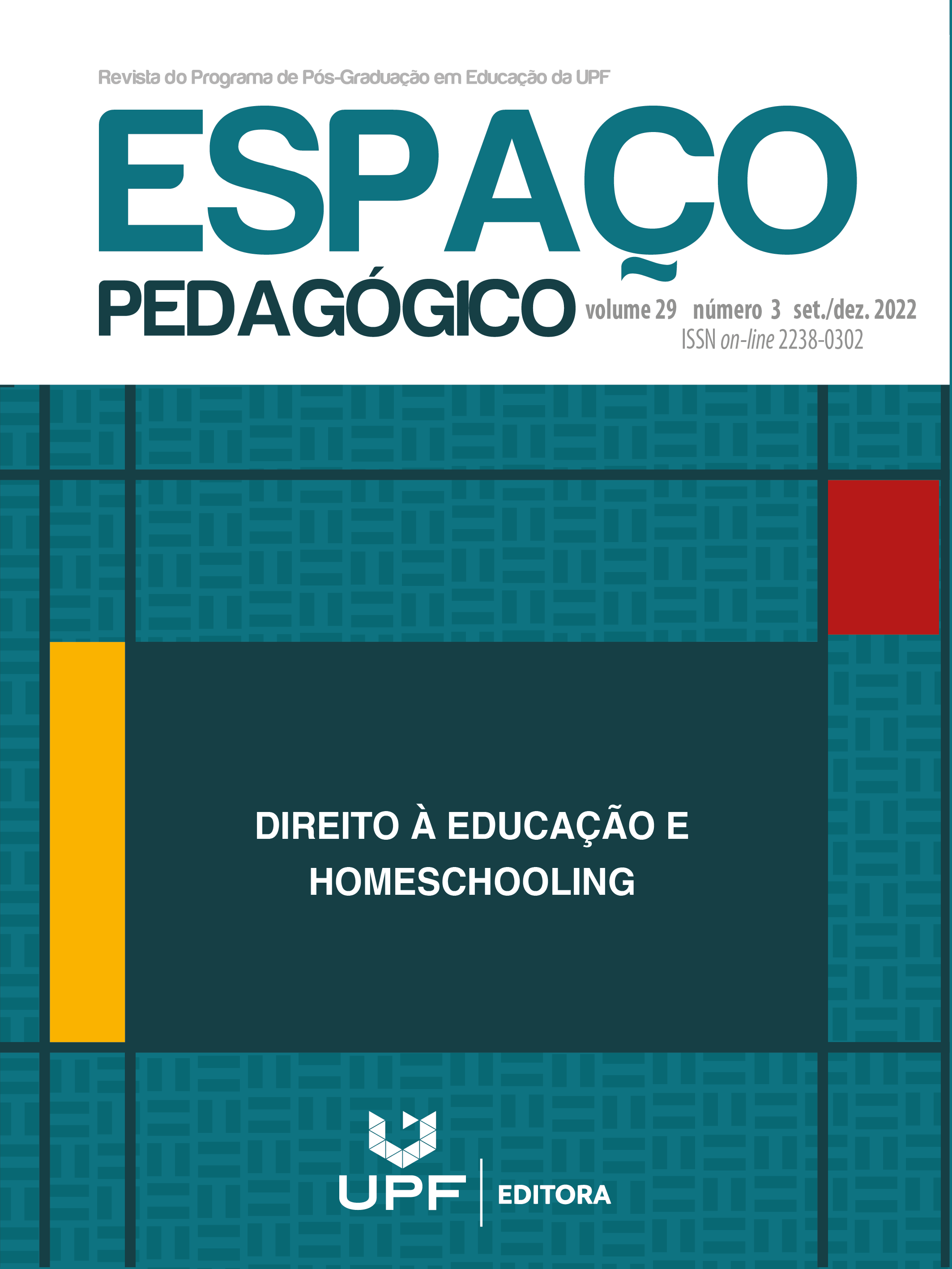Emergency Remote Teaching in Brazil: theoretical reflections in the light of Pierre Bourdieu's theory of habitus
DOI:
https://doi.org/10.5335/rep.v29i3.14155Keywords:
emergency remote teaching, habitus, Bourdieu, teaching learningAbstract
Among the many impacts of the global pandemic of COVID-19 in the years 2020 and 2021, those referring to the suspension of academic calendars at the most different levels of training stand out. In Brazilian universities, Emergency Remote Teaching was adopted as a possibility of permanence of teaching activities during social isolation. In this context, the general objective of the article is to identify, in the light of Pierre Bourdieu's theory of habitus, the impact that the implementation of Emergency Remote Teaching had on the teaching-learning process in undergraduate courses at the Federal University of Goiás (UFG). The main assumption is that Bourdieu's theory is relevant to analyze educational dynamics, however, at least in the aforementioned institutional context, this teaching modality has also conditioned teaching-learning processes that reveal the need to improve understanding the relationship between school success, habitus and educational institutions, especially from realities that were not considered by this author. From a methodological point of view, the article is based on an exploratory approach, as well as on the application of empirical methods such as bibliographic and documentary review and participant observation.



